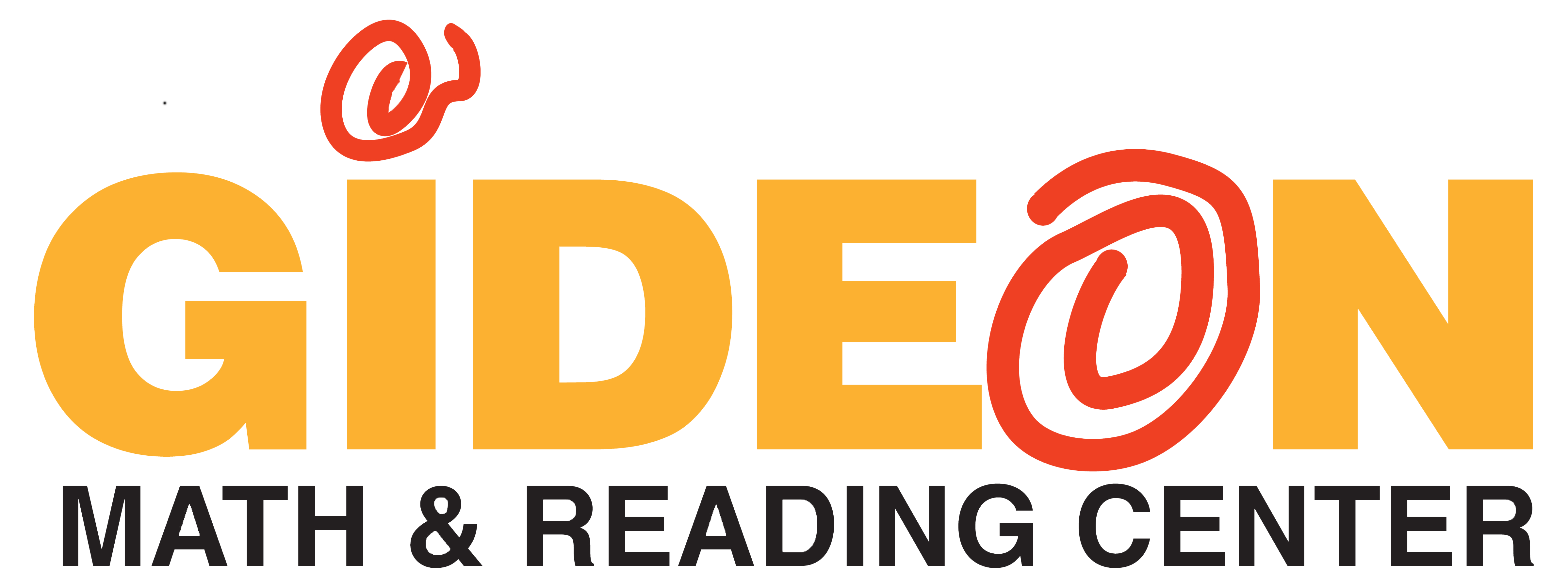In 2013, Dr. Ben Carson gave a fabulous speech at the National Prayer Breakfast attended by President Obama and the...
Reading
Ready to Catch Up or Get Ahead? How to Get Back on Track Now!
Apr 21, 2020
Researchers found there was a ‘COVID slide’ by fall 2020 for math. This is similar to the commonly known ‘summer slide’ where the student loses ground on the academic progress made due to no learning for several months. And if we combine a weak spring semester with an inactive summer, you will have a difficult next fall semester on your hands. Don’t let this happen to your child.
Two Skills for Superhero Readers
Nov 15, 2015
Decode: to change (secret messages, documents, etc.) from a set of letters, numbers, symbols, etc., you cannot...
5 Ways to Ace Standardized Testing
Feb 12, 2015
Standardized testing has permeated our society for all ages, including some for 3 year olds at elite private...
10 Ways to Avoid Summer Slide
Jul 24, 2014
Summer slide is the term used to describe the loss of skills many students experience during the time off from school....
Ways to Make Your Children Smarter
Mar 24, 2014
In this article on Barking Up the Wrong Tree blog, the author gives a great list of ways to improve your child’s...
Intelligence is NOT fixed
Nov 12, 2013
Many people wrongly believe intelligence is fixed at birth. Many factors will affect school performance such as...
Kick off summer reading!
Jun 14, 2013
Summer is here! Camp! Swimming! All day play! Reading!
Wait, what?
Yes, reading! Think of all the time now your child has to get lost in a book. This is a great way to avoid the summer slide of losing some of the great comprehension skills gained during school year. Your child can read about new places and fun experiences while gaining vocabulary and background knowledge that will aid in the fall.
Embrace the Mistakes
Apr 19, 2013
No one enjoys mistakes, but we all make them. Did you ever think it could be beneficial to admit to them? Kathryn...
3 Methods to get kids to WANT to read and write
Apr 10, 2013
The Washington Post blog, Answer Sheet, ran an article about developing self-driven learning in students from a new...
Download our FREE sample curriculum packet.
Receive a FREE download to sample our math and reading programs when you sign up for our monthly newsletter. We’ll send you PROVEN tips for stronger and more confident students!
Check your email for the link!
Kind words from our Gideon families

Keep your child’s education on track
Step 1
Choose your Gideon
Math & Reading center location
Step 2
Complete your free in-person student placement evaluation
Step 3
Build confidence through academic mastery of math and reading skills!
